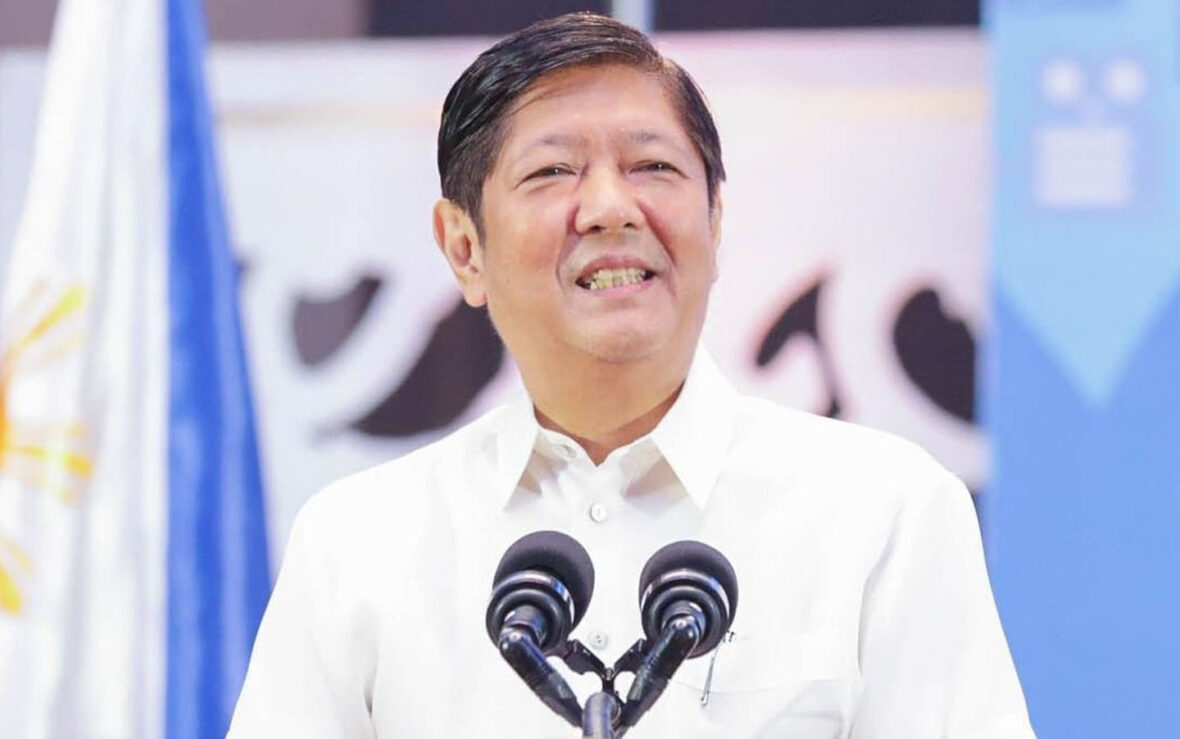NANAWAGAN ng pagkakaisa si Pangulong Ferdinand Marcos Jr. sa mga kapwa lider na dumalo sa Association of Southeast Asian Nations (ASEAN) at maging responsive sa kasalukuyang mga hamon at magpatuloy sa paglikha ng inclusive and resilient ASEAN na kaaya-aya para sa pagsulong at pag-unlad ng bansa.
Sa kanyang talumpati sa 40th ASEAN Summit Plenary, idinin ni Pangulong Marcos ang kahalagahan ng pagkilala sa ASEAN Centrality para maipatupad ang mechanisms ng ASEAN sa community-building efforts.
“It is imperative that we reassert ASEAN Centrality. This in the face of geopolitical dynamics and tensions in the region and the proliferation of Indo-Pacific engagements, including the requests of our Dialogue Partners for closer partnerships,” ayon sa Pangulo.
“ASEAN’s response to this is the forward-looking ASEAN Outlook on the Indo-Pacific, with its essential element of ASEAN Centrality in the implementation of ASEAN-led mechanisms, projects, and initiatives for our Community Building efforts,” diin ni Marcos.
Inirekomenda ng Chief Executive ang pagsusulong sa katatagan ng ASEAN sa regional grouping na humaharap sa mga hamon gaya sa natural disasters, health emergencies, armed conflicts, at economic recessions.
Nanawagan din ang Pangulo sa Myanmar na tumalima at ipatupad ang dati nang napagkasunduan na Five Point Consensus, at ipinaalala ang kakulangan ng development sa Myanmar situation sa loob ng dalawang taon.
Umapela ito para sa reinvigoration ng economies sa pamamagitan ng tourism recovery, energy cooperation, gayundin sa kalakalan at investment revitalization.
“We should enhance ASEAN food security cooperation through strengthened initiatives and expanded projects under the ASEAN Ministers of Agriculture and Forestry and other related mechanisms, including those with our Dialogue Partners,” ayon pa sa Pangulo.
“We need to solidify our food resilience and promote food self-sufficiency, through the use of new agricultural technologies, in order to protect the region and our countries from shocks to the global food value chain, as well as against adverse effects of climate change,” diin pa nito. EVELYN QUIROZ

